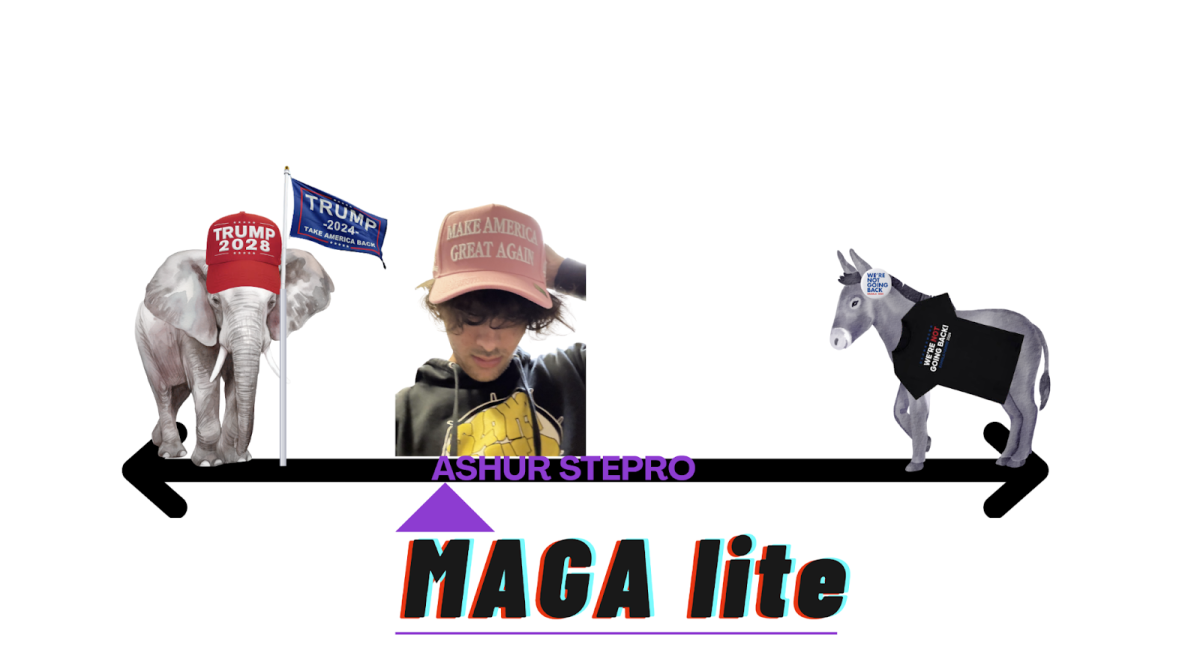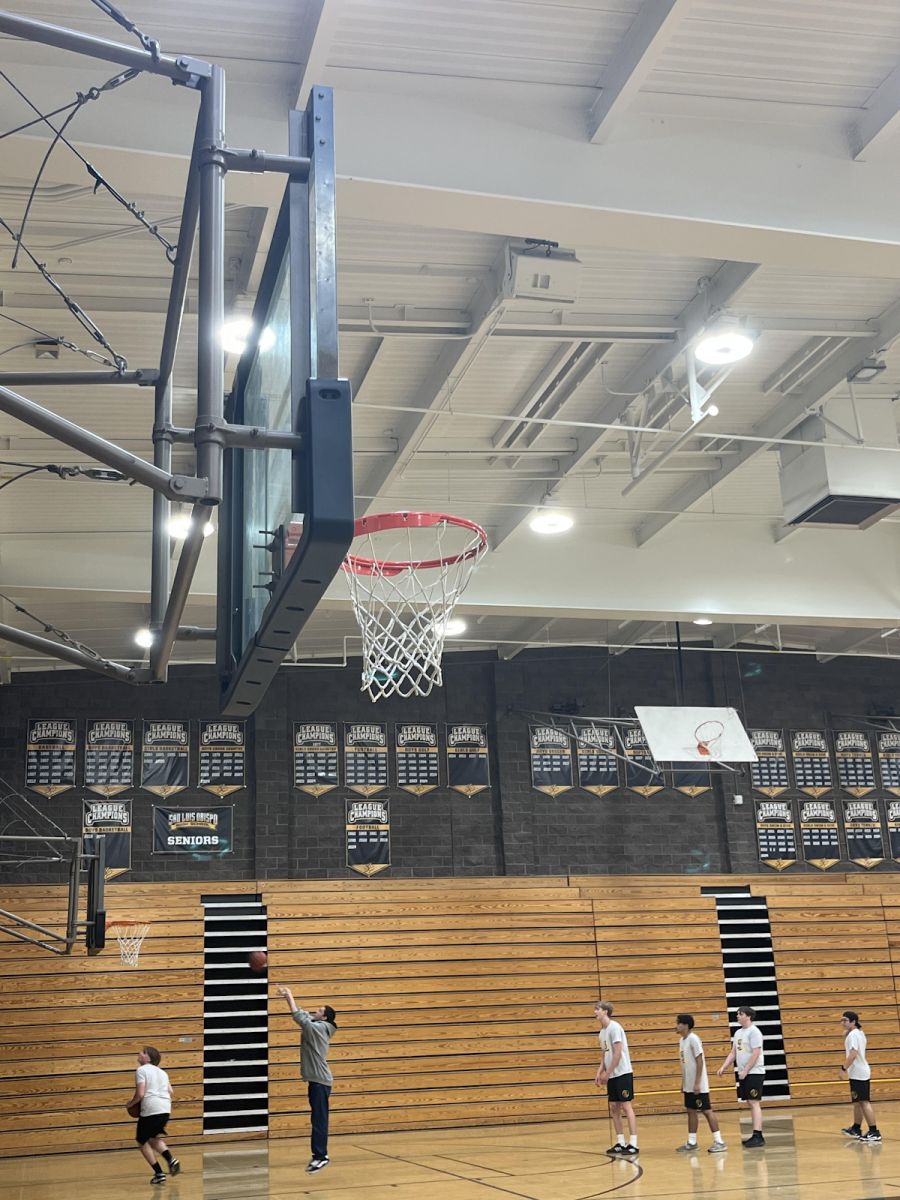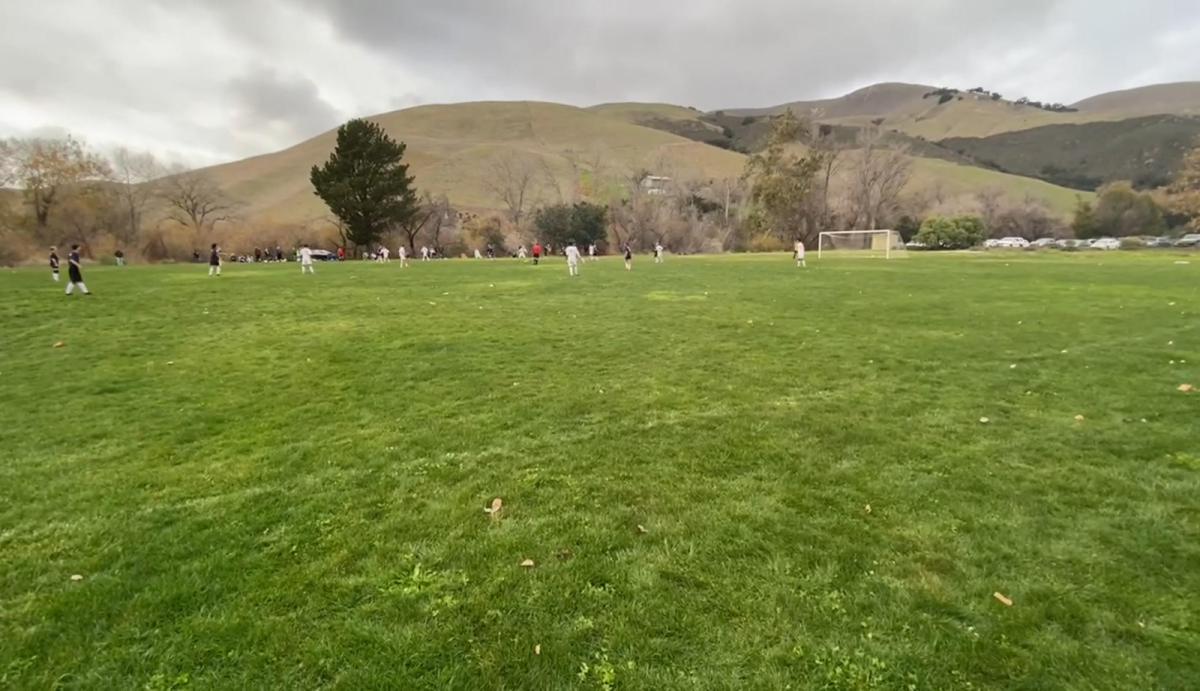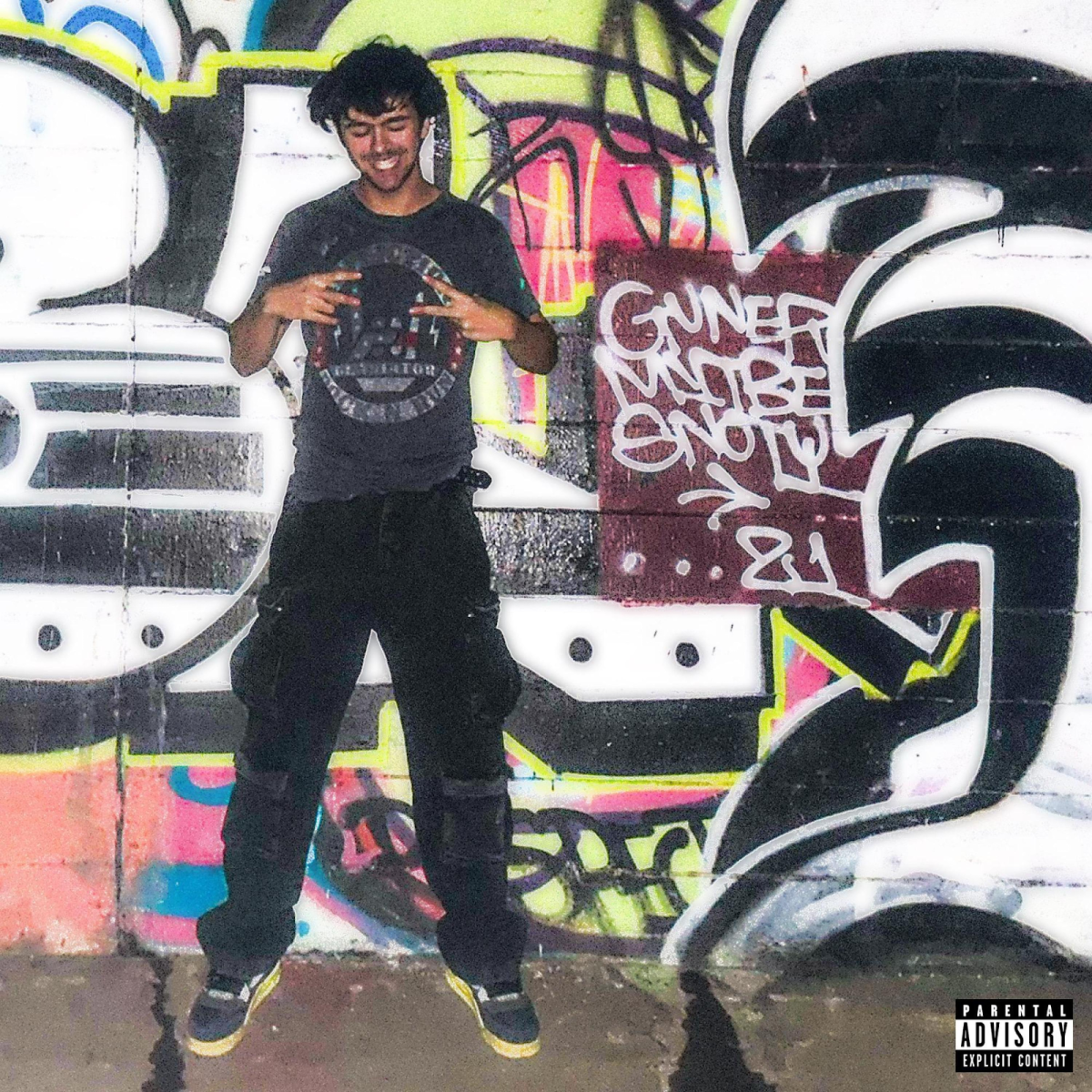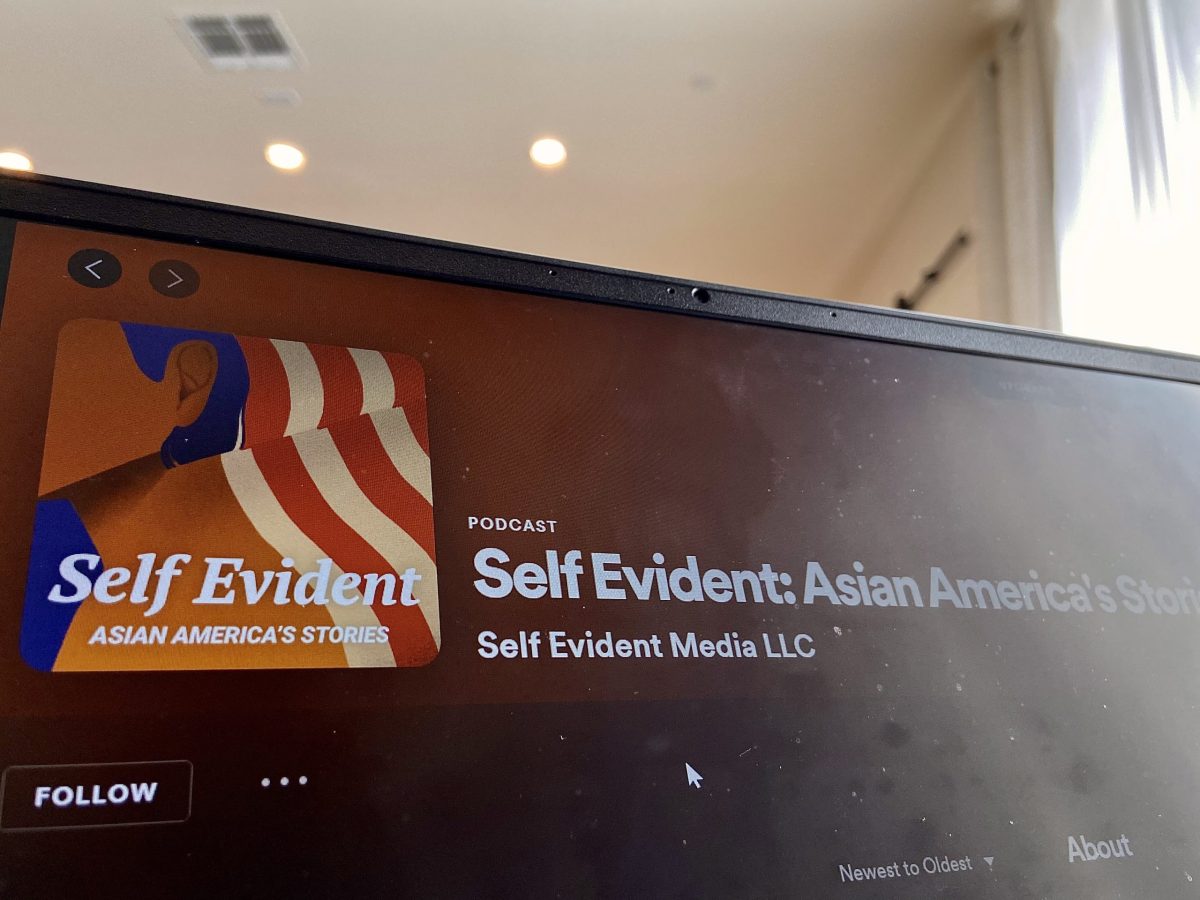Photo courtesy of freshman Erika Spargo.
The lack of Asian American representation in the media is a big problem today. However, podcasts such as “Self Evident” are trying to work towards bringing light to AAPI stories and voices. Streaming on Spotify, Apple podcasts, and Google Play, “Self Evident” tells the story of different Asian Americans and their experiences every episode.
Students at San Luis Obispo High School agree on the importance of this representation. Senior at SLOHS and co-founder of the SLOHS AAPI club Kiki Murakami said, “I believe that it’s important to see proper Asian representation in the media because it just allows Asian Americans to feel that it’s normal to be Asian. Many Asian Americans have grown up ashamed of their culture, often wishing they were white, but with more people like them in media, future and current generations of Asian Americans can see that they can be themselves without feeling embarrassed.”
One of the most memorable episodes is the one published on July 2, 2021, titled “Self Evident Presents: “Shikata Ga Nai” (by Julianne Sato-Parker)”. This specific episode tells the compelling story of a Japanese-American woman and the reflection on her struggles during World War One. Julianne Sato-Parker, the interviewee of the podcast, tells the story of her grandmother, who is Nikkei, or Japanese American.
She explains how her grandmother always said the phrase “shikata ga nai”, Japanese for “it cannot be helped” or “that’s just the way the ball bounces”. Her grandmother often used the phrase when explaining her experiences as an incarcerated Japanese American in the 1910’s.
Sato-Parker begins to wonder why her grandmother, like many other Japanese Americans at the time, didn’t fight back against this blatant racism and oppression that they faced. She noticed the phrase “shikata ga nai” especially used by Nikkei like her grandmother when talking about the horrors they faced during the war. She started to realize that the Japanese had, in fact, been fighting back. But no one had heard them.
Sato-Parker explained, “Who were the silent Americans? The Nikkei, who under the threat of law, physical force, and discrimination were intimidated into compliance and actively silenced when they resisted, or white Americans who had collective power to support the Nikkei and oppose authority, but didn’t use it?”
Sato-Parker noticed that her grandmother’s commonly used phrase was not passive. It was a mantra, encouraging acceptance for circumstances beyond control. It was about surviving and keeping her head up.
Sato-Parker encourages listeners of “Self-Evident” to take her grandmother’s words of advice, especially during trying times like these in our modern society. This episode was extremely well-worded, and the development of the storyline was absolutely incredible.
I highly recommend this podcast; this episode along with all of the other episodes, to anyone who is interested in the history of Asian Americans. This podcast sums up various AAPI experiences in this country, perfectly highlighting the good and the bad parts.
“Self Evident” strives to share stories that can help Asian Americans understand the history of their race from a different perspective, in hopes of moving our country towards a time of healing and equality. I strongly suggest that listeners participate in this movement.
Give “Self Evident” a listen here: https://selfevidentshow.com/listen








